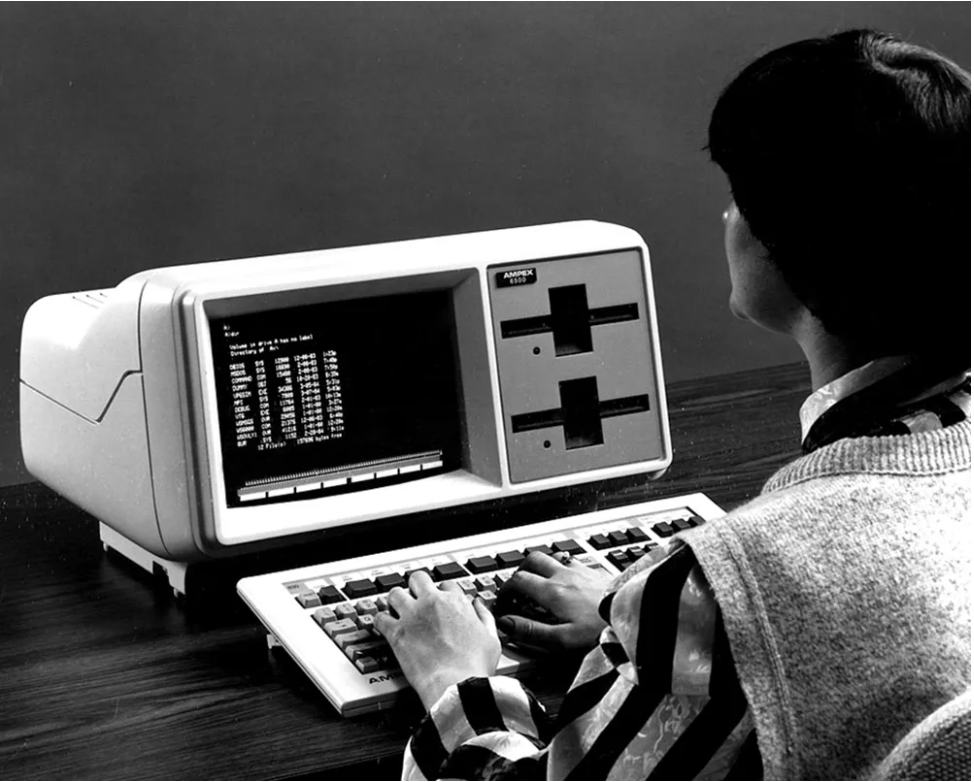The technical specialists currently working at the CREATE Lab provide a broad range of computational research engineering services for a variety of humanities research projects by UvA staff and by researchers at other national or international research institutes. The research engineers combine technical expertise on data and digital methods with an understanding of the specific interests and needs of humanities researchers. As of the Summer of 2022, the CREATE Lab is housed with the other Faculty of Humanities Labs (4D Research Lab, Digital Methods Initiative, Music Lab, Sign Lab, Speech Lab and Conservation and Restoration Labs) in the Humanities Labs building at Kloveniersburgwal 48.
If you have any further questions please contact createlab@uva.nl

“CREATE provided us with the technical expertise and support to build and maintain ONSTAGE, the online Schouwburg database which, since its operation in 2015, has become an indispensable instrument for theatre research worldwide and keeps on generating new insights for Amsterdam’s long and rich tradition at the heart of Dutch theatre life.”
Frans Blom, chief editor ONSTAGE
“The support provided by CREATE is invaluable to the NWO-VIDI Freedom of the Streets research project. CREATE assisted with designing our data model and developed an infrastructure that allows for a cross-cultural analysis of street use in historic cities. Their expertise on GIS mapping, IIIF and relational databases has helped made the FOSGUS database a crucial tool for our current research and a valuable resource for future work on premodern urban life in Amsterdam, Edo and Batavia.“
Danielle van den Heuvel, Principal Investigator Freedom of the Streets
Advice
We can give advice on how to prepare your research project, or to model your data so that it can be integrated in a database that connects to other databases with cultural heritage data. This includes the preparations that are needed to publish your data as Linked Open Data.
We can provide a data model that suits your needs for your research.
Management
We manage databases for various research projects and can set up a new database for your existing data (e.g. spreadsheets, annotations).
We facilitate searching in large datasets in an intuitive and user-friendly way.
We set up and manage interactive research environments that can be used to enter, aggregate or inspect data such as images, texts or other material. This includes the setting up of annotation environments to enrich the aggregated data.
Collection
We can digitize archival material (scanning, OCR/HTR), improve the data quality (e.g. correcting OCR-mistakes) and further enrich the data (e.g. standardizing terms). Also for Old-Dutch.
We can assist in data collection from web resources (by scraping), or scanning documents (by OCR/HTR).
We can normalize data, link data to existing thesauri (e.g. GeoNames, Getty AAT), while keeping provenance information.
We do data enrichment through entity extraction. This involves the automatic identification of entities in a text (for instance as ‘Person’ or ‘Movie’), parsing date notations, and geocoding data by (relative) location description. This also includes providing linguistic information (e.g. part-of-speech), text classification by subject (e.g. topic modelling), or sentiment analysis.
We can assist in data analysis on geographical data (GIS).
Presentation
We set up and manage websites for presentational purposes with interactive maps, search interfaces for databases and other visualisations, for instance for usage during demos, conference talks, and workshops.
We can visualize data on maps, in graphs, in lists, or in other applicable formats and present this on a webpage. This also includes the outcome of a network analysis (e.g. from Gephi). In collaboration with the UvA 4D Research Lab we build, present, and annotate 3D models.
